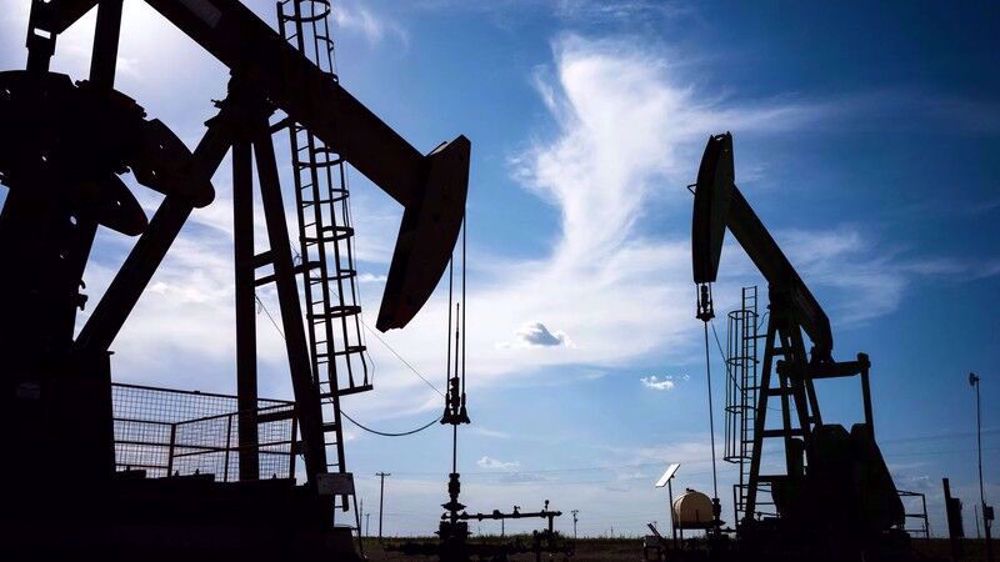Volkswagen to rotate staff for better supervision: Chairman
Chairman of supervisory board of Germany’s giant carmaker, Volkswagen (VW), has announced that the company is planning to start rotating its staff in order to implement better supervision over their operations.
At a time that the company is scrambling to contain a massive pollution test cheating scandal, head of the supervisory board, Hans Dieter Poetsch, said in an interview with the Welt am Sonntag newspaper on Sunday that employees in key roles will switch jobs more often than is currently the case, AFP reported.
"The relevant employees will only stay a certain amount of time in a specific job and then change," he was quoted as saying.
The official added that the new personnel plan was intended to break up long-standing structures that allowed rules to be broken in secret.
Poetsch also stated that the scheme would be introduced along with new oversight mechanisms.
"We will bolster checks, determine responsibilities in a clearer way and better implement technical supervision of procedures," he added.
Poetsch said that the "four-eyes principle" of at least two people being involved in key work would become a company watchword.
However, the company official admitted that some positions at Volkswagen are so specialized that frequent rotation could pose challenges to the entire operation.
Such jobs, Poetsch explained, could be filled within the Volkswagen group, with people switching, for example, from Audi to Porsche to the VW brand manufacturing divisions.
The company has been engulfed in scandal since September.
The group, previously regarded as a paragon of German industry, revealed in late September that 11 million of its diesel cars worldwide were equipped with devices that can cheat pollution tests. The revelation rapidly snowballed into a scandal, which wiped a third off the company's market capitalization in just two days.
The trigger to the company's market woes came when it was revealed by the US Environmental Protection Agency that VW rigged nearly half a million cars to pass US smog tests.
The company told US regulators that it intentionally installed software programmed to switch engines to a cleaner mode during official emissions testing. The software then switches off again, enabling cars to drive more powerfully on the road while emitting as much as 40 times the legal pollution limit.
US officials say similar software is on the company's larger 3.0 liter diesel engines, used in Volkswagens, Audis and Porsche SUVs.
Chief executive Martin Winterkorn resigned in the wake of the allegations but insisted he knew nothing about the scam.
The world's number-two automaker faces regulatory and criminal investigations in several countries, including Germany and the United States, and potentially billions of dollars in fines.
"Volkswagen is working tirelessly on an approved remedy for the affected TDI vehicles," Mark McNabb, chief operating officer, Volkswagen of America, said in a statement, adding, "During this time we would like to thank our dealers and customers for their continued patience and loyalty."
The scandal has continued to widen, with the German automaker subsequently revealing that it had understated carbon dioxide emissions, including those for gasoline engines, for up to 800,000 vehicles.
UNRWA warns of humanitarian collapse in Gaza
'Hello my enemies': Lebanese journalist on Israeli threats and his resolve to continue
Outrage in France as MP proposes bill to ban criticism of Israel
VIDEO | The strategy of Hezbollah in war
Israeli military withdraws several brigades from southern Lebanon: Report
48-year-old Palestinian man serving 48 life terms completes 22 years in Israeli jails
From MKO to Tondar, how Germany became safe haven for anti-Iran terror groups
Hamas open to any proposal aiming to end Gaza war: Hamdan










 This makes it easy to access the Press TV website
This makes it easy to access the Press TV website